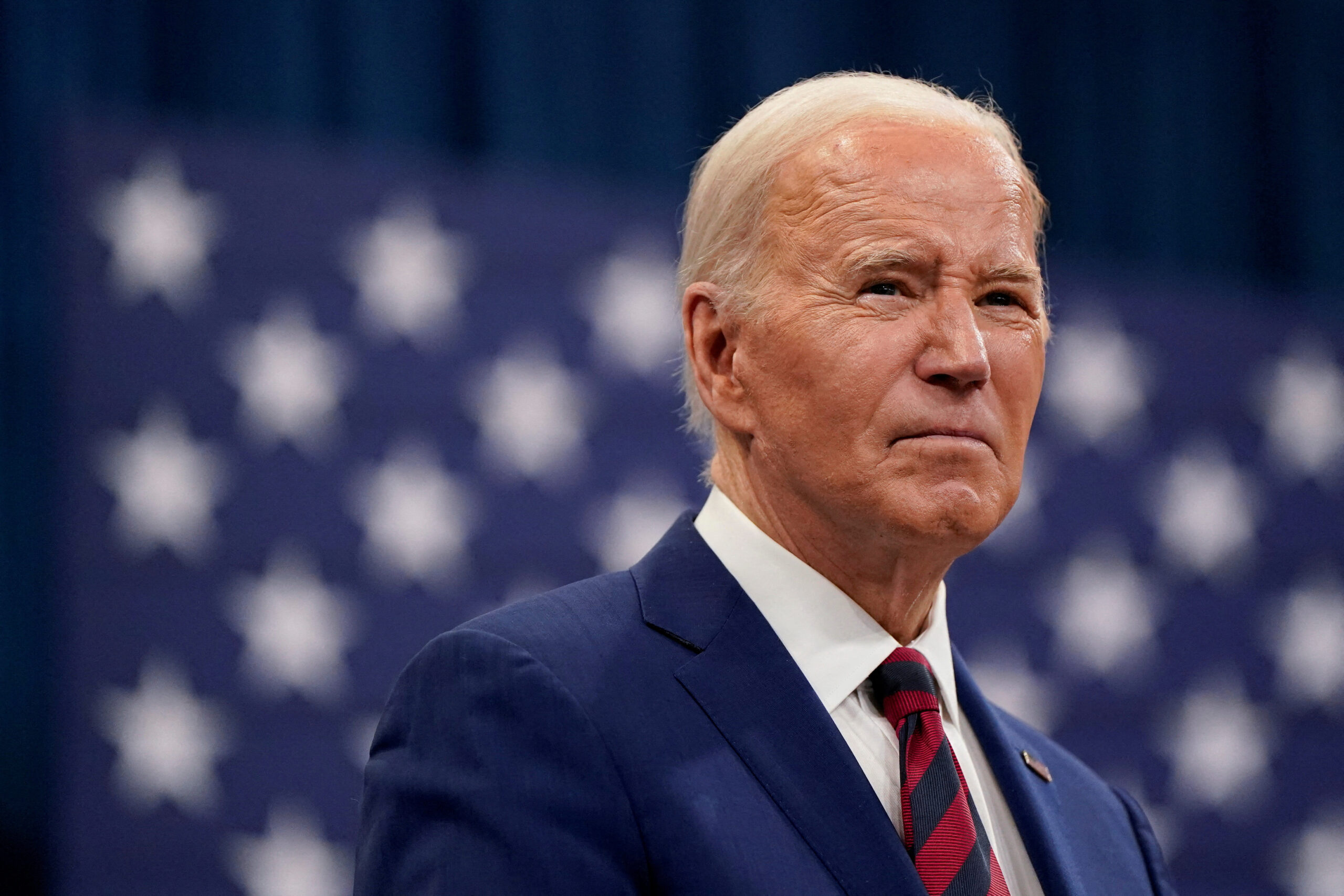In the aftermath of the recent presidential debate, Joe Biden’s remarks have ignited a wave of speculation and controversy. The former Vice President, known for his candid and straightforward style, delivered statements that were both compelling and contentious, leaving many to question his strategies and intentions.
During the debate, Biden’s performance was marked by moments of clarity and conviction, but it was his post-debate comments that truly stirred the pot. Speaking to reporters, Biden addressed various pressing issues, including healthcare, economic recovery, and foreign policy. However, it was his critique of his opponent’s policies and his vision for the nation’s future that drew the most attention.
Biden emphasized the need for unity and a return to traditional American values, yet his tone suggested a more aggressive approach to implementing his agenda. This duality in his message has led to a divided reception among political analysts and the public alike. Some view his remarks as a necessary call to action in turbulent times, while others see them as polarizing and divisive.
The ensuing debate over Biden’s comments reflects broader tensions within the political landscape. Supporters argue that his assertiveness is a sign of strong leadership, essential for navigating the complexities of modern governance. Critics, however, worry that such rhetoric may alienate key voter demographics and hinder bipartisan cooperation.
Read More News:
- Sen. Coons Affirms Biden’s Commitment to Upholding Supreme Court Rulings on Presidential Immunity
- Battle for the Burbs: Biden and Trump Court Georgia’s Suburban Voters
As the election draws nearer, Biden’s remarks will undoubtedly continue to be scrutinized. The implications of his statements will play a crucial role in shaping public perception and influencing voter decisions in this highly contentious political climate.
Reference Article:
https://www.newsweek.com/joe-biden-donald-trump-debate-election-atlanta-1918599

